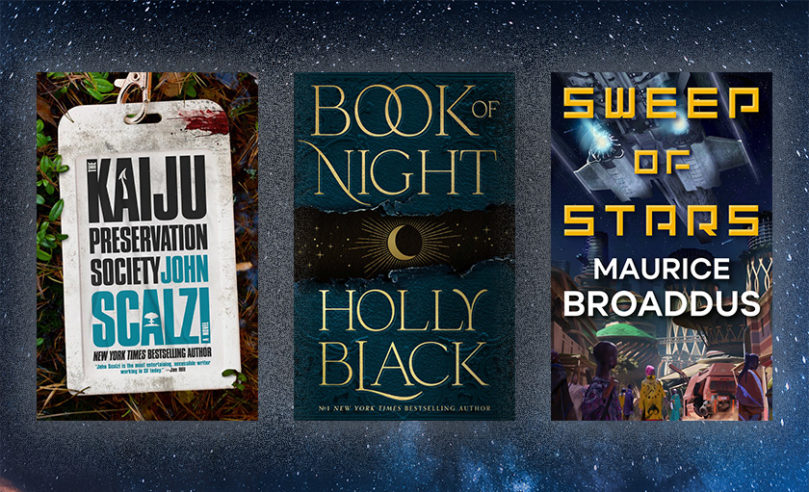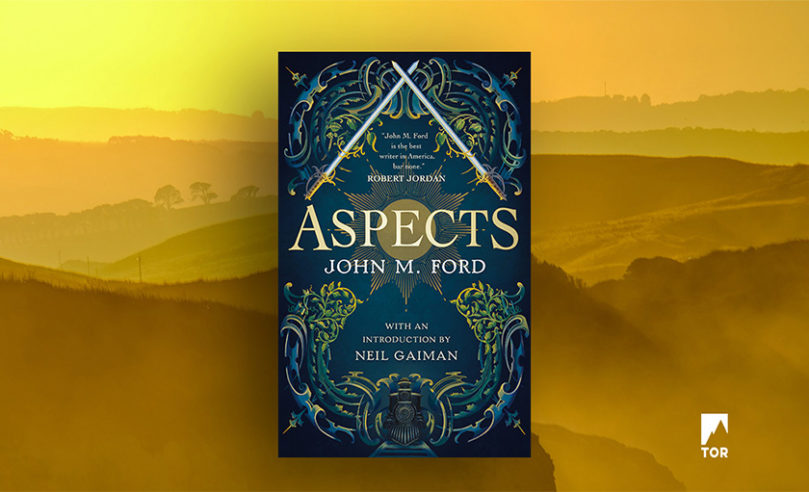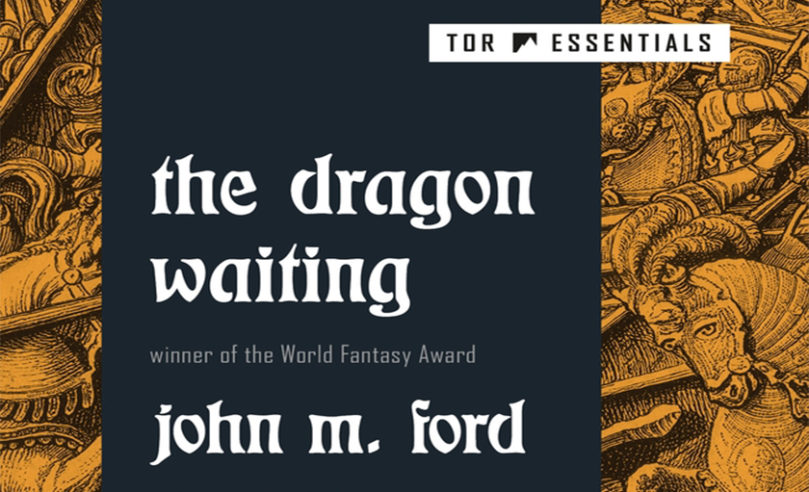
Every Paperback from Tor in Spring 2024
It’s Spring, and flower’s aren’t all that’s growing! We’ve got paperback books springing up left and right!

It’s Spring, and flower’s aren’t all that’s growing! We’ve got paperback books springing up left and right!

Ah, the full moon – a powerful time for releasing negative energy, emotions, or habits. While some engage in practices such as journaling, burning photos of their exes, or engaging in a cleansing ritual, others are… I don’t know. Shifting into werewolves, fighting intergalactic battles, and facing cosmic forces that have the power to shape destinies… no pressure or anything.
Let’s explore some books that will have you over the moon (no pun intended)!

Please enjoy this free excerpt of Web of Angels by John M. Ford, on sale 4/30/24

Ready to FALL into some new books this autumn? (*wink*) Get your TBR ready for every book from Tor coming out this fall! Which one are you most excited to read?

Out of print for more than two decades, John M. Ford’s Growing Up Weightless is an award-winning classic of a “lost generation” of young people born on the human-colonized Moon. Matthias Ronay has grown up in the low gravity and great glass citadels of independent Luna—and in the considerable shadow of his father, a member of the…

Ready to build up that Spring TBR pile? Don’t worry, we’ve got you covered. Check out everything coming from Tor Books in Spring 2022 here!

Please enjoy this free excerpt of Aspects by John M. Ford, on sale 04/05/22.

Tor Essentials provides readers with fresh new editions to science fiction and fantasy works of lasting value and merit. Check out these can’t-miss titles!

We at Tor Books believe the true ‘golden age’ of science fiction and fantasy is now, but that doesn’t mean we don’t have a lot of love for the SFF published in the past. And thus, our Tor Essentials line was born, reintroducing readers to some of our favorite classics from decades past. Need to catch up? Check out this list below for a roundup of every Tor Essential that came out in 2020!

Please enjoy this free excerpt of The Dragon Waiting, on sale 09/29/2020.